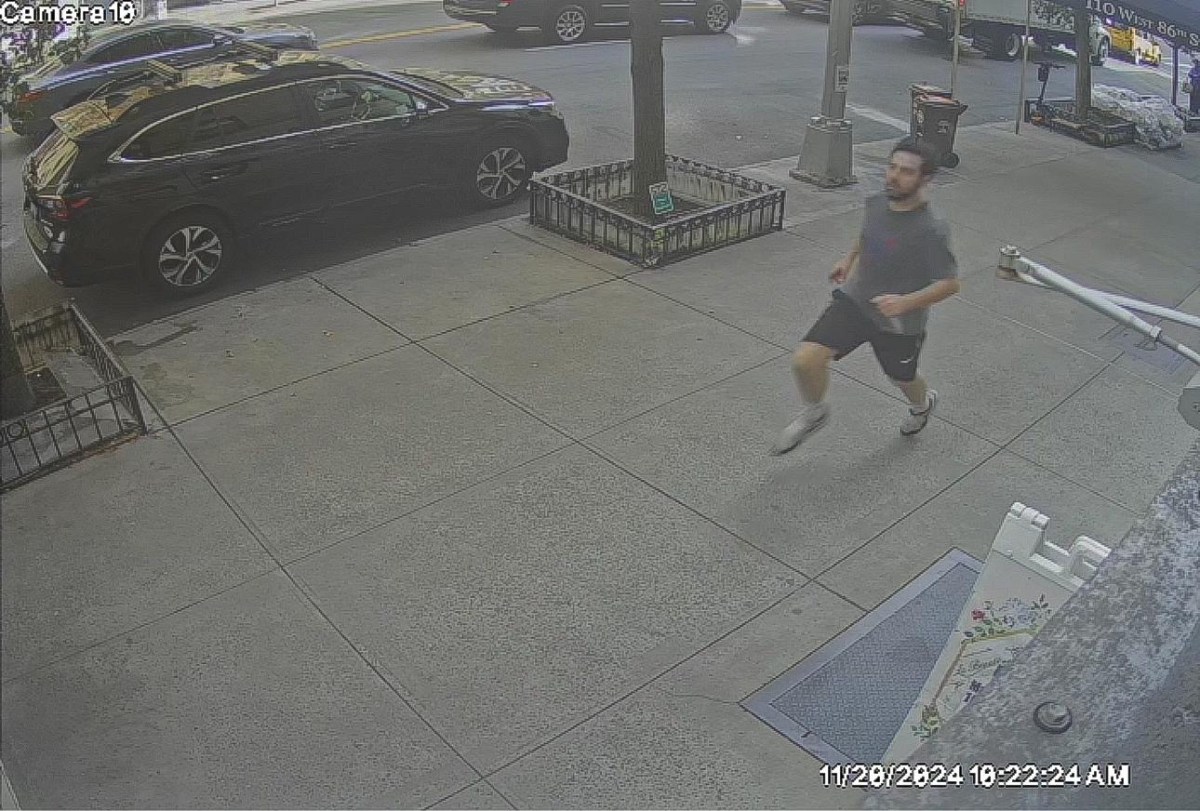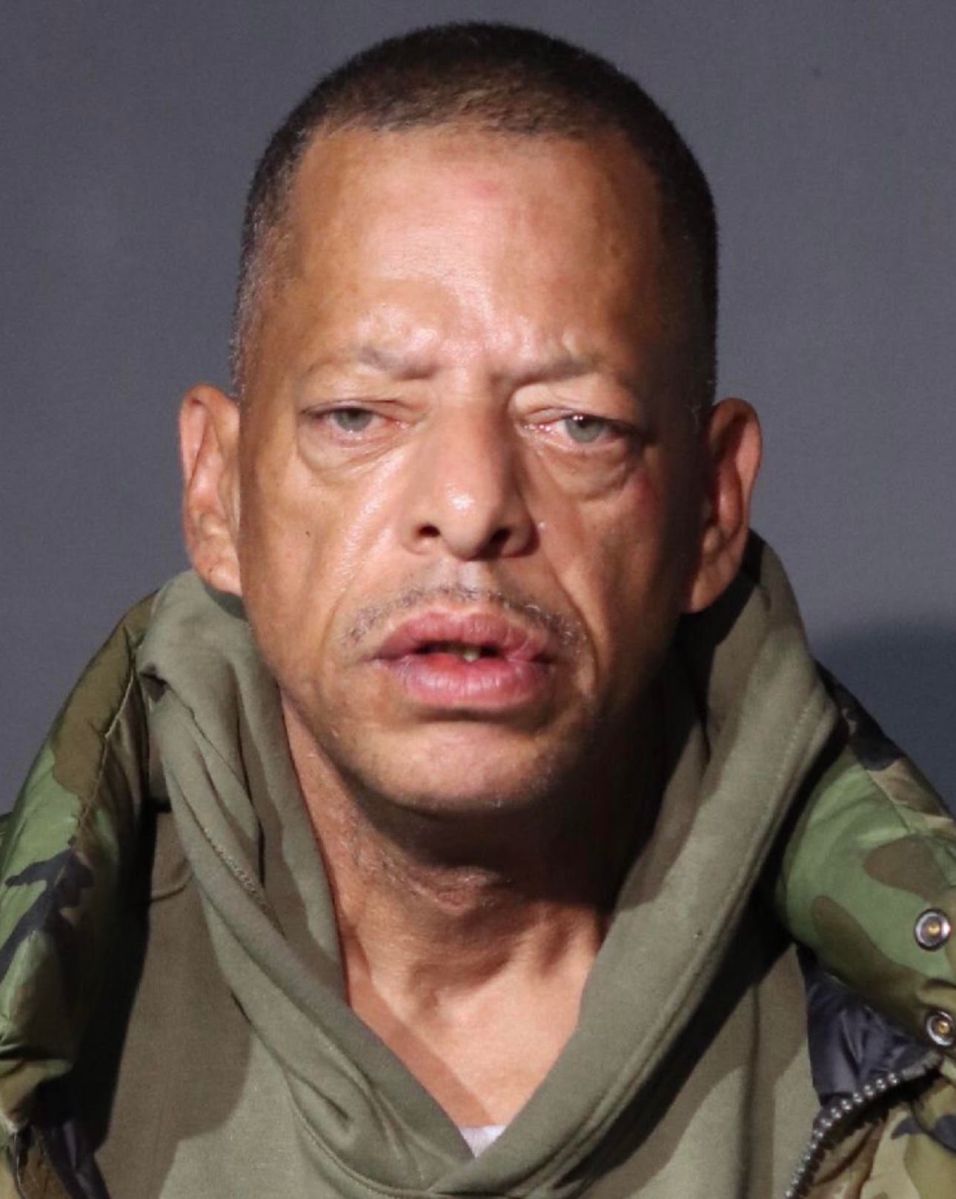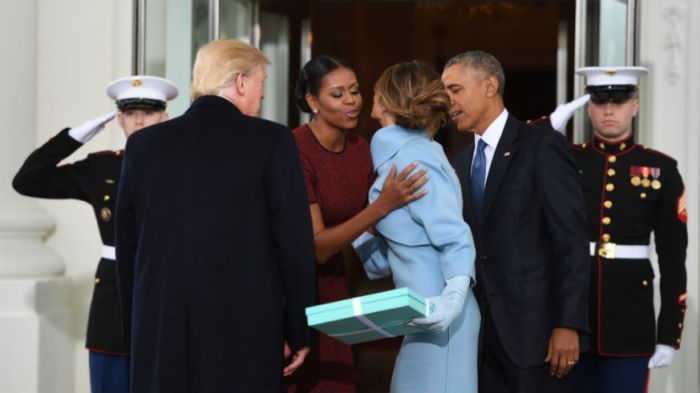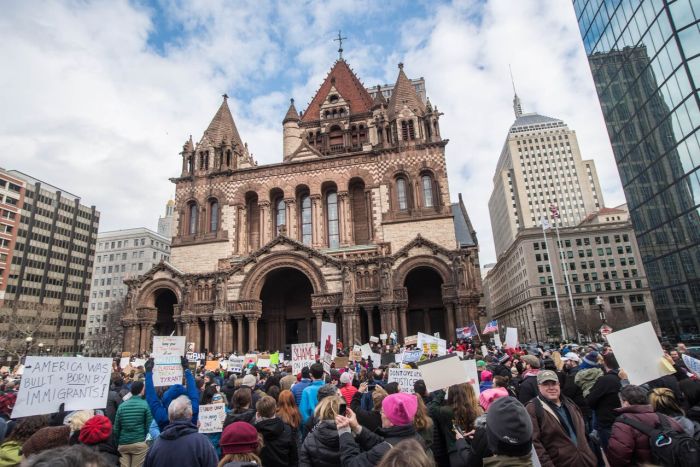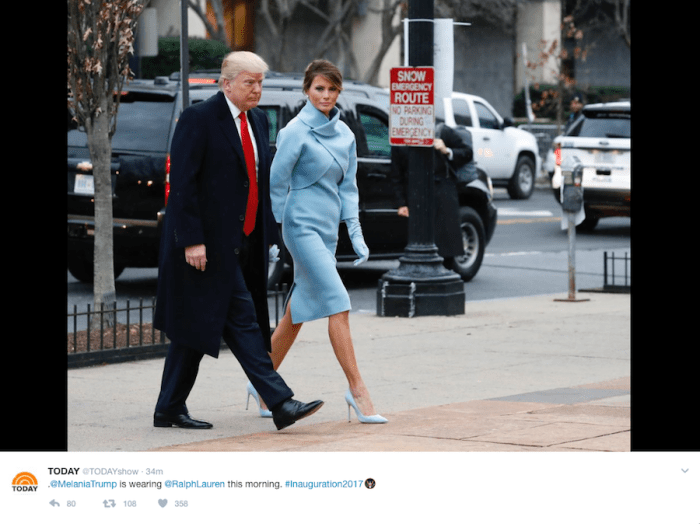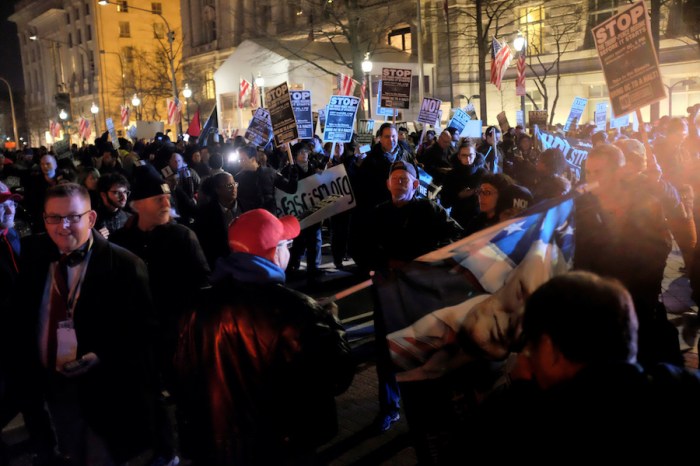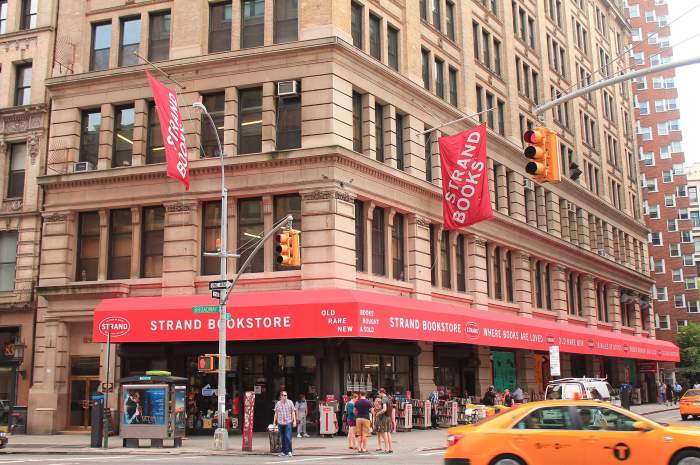Less than 24 hours after Donald Trump becomes the 45th president of the United States, an estimated 200,000 women and men are expected to march in Washington to demand that elected leaders “act to protect the rights of women, their families and their communities.” The idea for the Women’s March on Washington started when a grandmother in Hawaii suggested to her friends that they should travel to the capital as a Million Women’s March, according to the organization’s website. About 40 immediately responded that they would be willing to join her. The movement blossomed with a Facebook post that went viral following Trump’s victory. Since then, the march has grown to encompass human rights issues beyond women’s issues, including immigration and the treatment of Muslims and the LGBT community. Organizers have announced a roster of speakers at the event. Among them are activists Gloria Steinem and Angela Davis, actresses Scarlett Johansson and Ashley Judd, and Planned Parenthood President Cecile Richards. Some of those planning to attend are seasoned veterans of political activism and protest. For others, participating in the march will be a new experience.
Shawna Wright of Beverly, Massachusetts, had planned to attend the inauguration – of Hillary Clinton. That didn’t work out. The march offers a post-election way to show the incoming Trump administration that there still is a large, vocal opposition, she said. “I think we feel in the wake of this election like, ‘Oh my god, how did we miss this, maybe we are in the minority, maybe we are grossly outnumbered,’ and I don’t think we are,” Wright said. Marni Halasa, a professional figure skater in New York City, has joined the post-election demonstrations outside Trump Tower in Manhattan. She has donned an elaborate leopard outfit for those protests which she says is intended to remind people about Trump’s coarse comments about women. “I’m marching for power to be returned to ordinary citizens and mass movements like this can change policies,” Halasa said of her participation in the Washington march.
Her personal message to Trump: “You can run but you can’t hide.”
Halasa added that the march also provides an opportunity to share ideas.
“Protest is very transformative,” she said. “When you come together and talk and learn more about the issues, you become inspired and take a little of that with you wherever you go. The fight continues.” Alexandra Sherer, 21, an NYU student and a Republican state committeewoman, said she feels the march is “a waste of time.” She voted for Trump, although she was troubled by the Access Hollywood outtake video of Trump bragging to Billy Bush about groping women. “There are many more productive ways to get involved in advocacy work other than taking pictures of yourself with a sign,” she said. “Making calls on behalf of candidates is one of the most important things you do, but protesting after the fact? Nothing happens.” In addition to the massive protest in D.C., more than 600 “sister marches” are planned throughout the U.S. and internationally.
Metro staff writer Kristin Toussaint contributed to this report.
Massive crowd expected for Women’s March on Washington
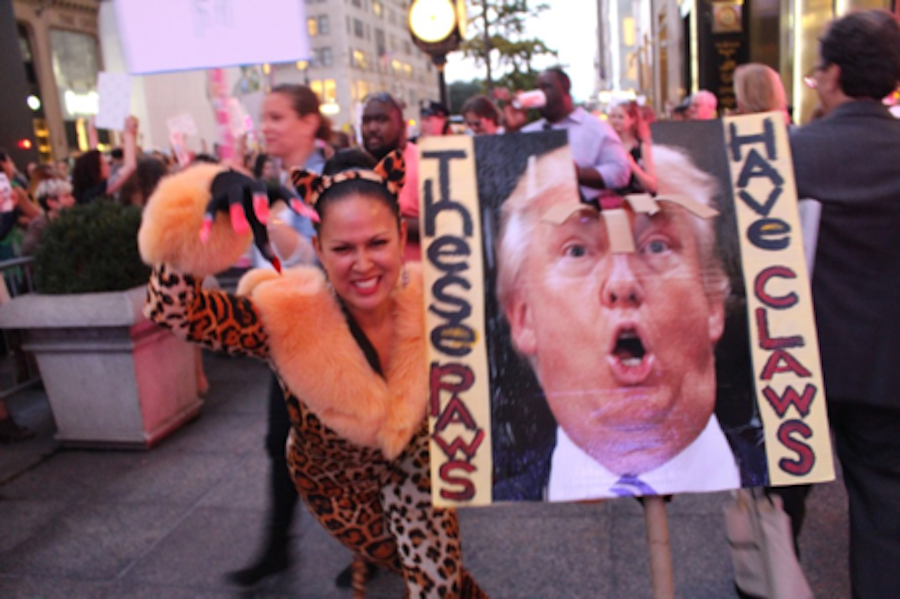
Provided













